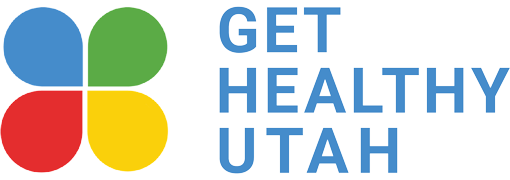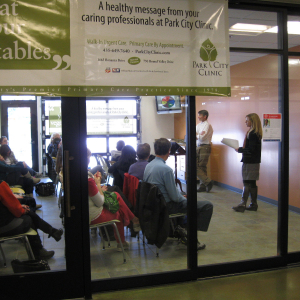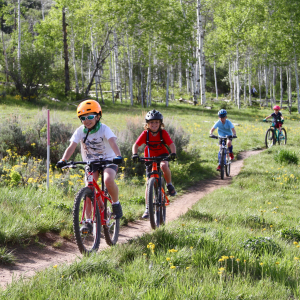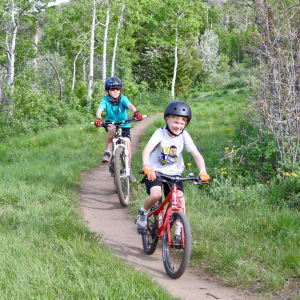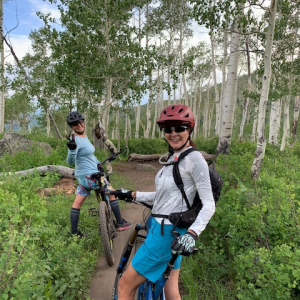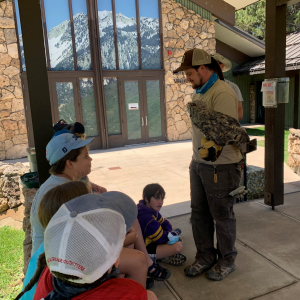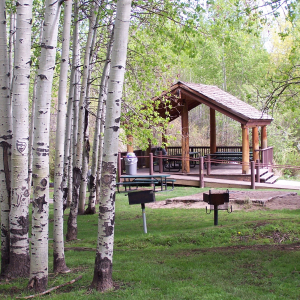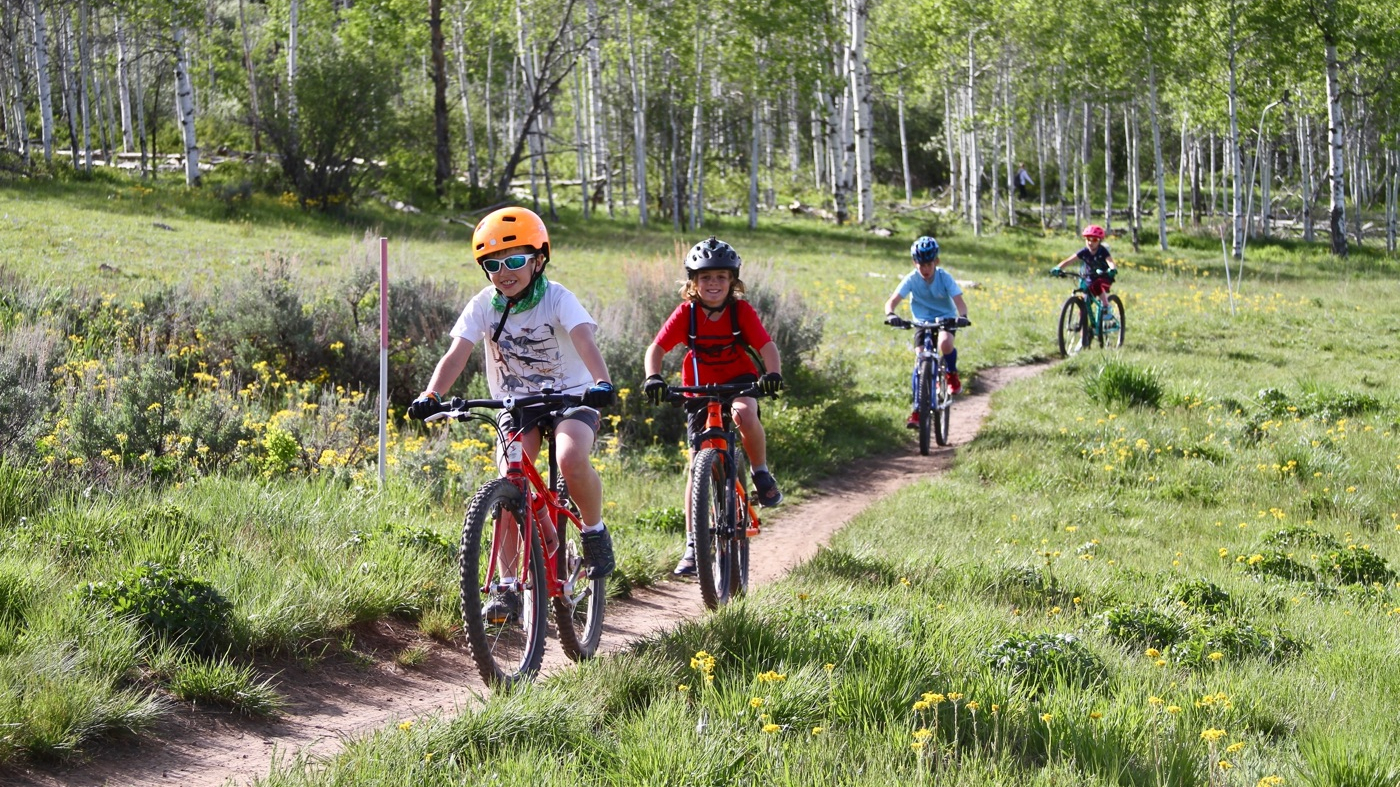
Park City
- Population: 8,375
- Designation Year: Spring 2021, Spring 2024
Park City developed a long-term strategic plan that envisions Park City as a “complete community,” where everyone has the opportunity to be healthy. In addition to its world famous skiing, the city is surrounded by hiking and biking trails which provide residents the chance to be active throughout the year. The city has community gardens and is home to EATS Park City, a community non-profit organization which focuses on nutrition advocacy and providing healthy food to residents. Mental health trainings, workshops, and resources are also available to residents.
2024 Redesignation:
To be redesignated in Spring 2024, Park City worked hard to provide even greater access to physical activity, healthy food, and mental health resources. Park City’s Recreation Department enhanced its sliding fee scale scholarship program to increase access to its community sports leagues for adults and children. The department also hosted a Spring Gardening 101 class that promoted healthy eating and basic gardening skills.
The Trails & Open Space department addressed connectivity gaps between key community destinations with the Transit to Trails program, and the city was recognized nationally with the Gold Level Bicycle Friendly Community award. They also implemented an annual bike-back-to-school event that distributes helmets, bells, and bicycle safety information to local elementary school students.
To promote mental health, Park City trained its first responders on mental health crisis intervention and updated their prescription drop off box to one with a larger capacity and sensors to keep the content secure. These steps were taken in addition to providing mental health safety classes to 4th and 10th grade students.
- Collaboration:
- A relationship with the local health department
- A resource page on their website to assist in accessing healthy foods, physical activity, and mental health resources
- A moderate income housing plan
- Health-related objectives in the general plan
- Utilized and implemented strategies from an existing community health needs assessment
- Coordinated with the UDOT Move Utah Program to move active transportation planning and implementation efforts forward
- Access to Healthy Food:
- A farmers market that accepts SNAP benefits
- A community garden
- Provided financial incentives for a grocery store to locate in an underserved area
- Active Living:
- A written guideline that promotes active transportation/physical activity for city employees
- Free and/or low-cost community sports/fitness programs for adults and children
- Connected walking and biking trails
- Conducted a walkability audit
- Provided guidance on joint-use agreements for facilities in their community that can be used for physical activity
- Wayfinding signage that promotes active transportation
- Signage for "healthy" parking spots at city/town facilities
- Mental Health:
- Offered Question, Persuade, Refer (QPR) trainings
- At least one evidence-based program or inititiative that provides education, awareness, and training to community members around mental health
- Promoted the use of the SafeUT app in schools and other community centers
- Medication disposal services, locations, or programs
- Gun locks available for free for community members
